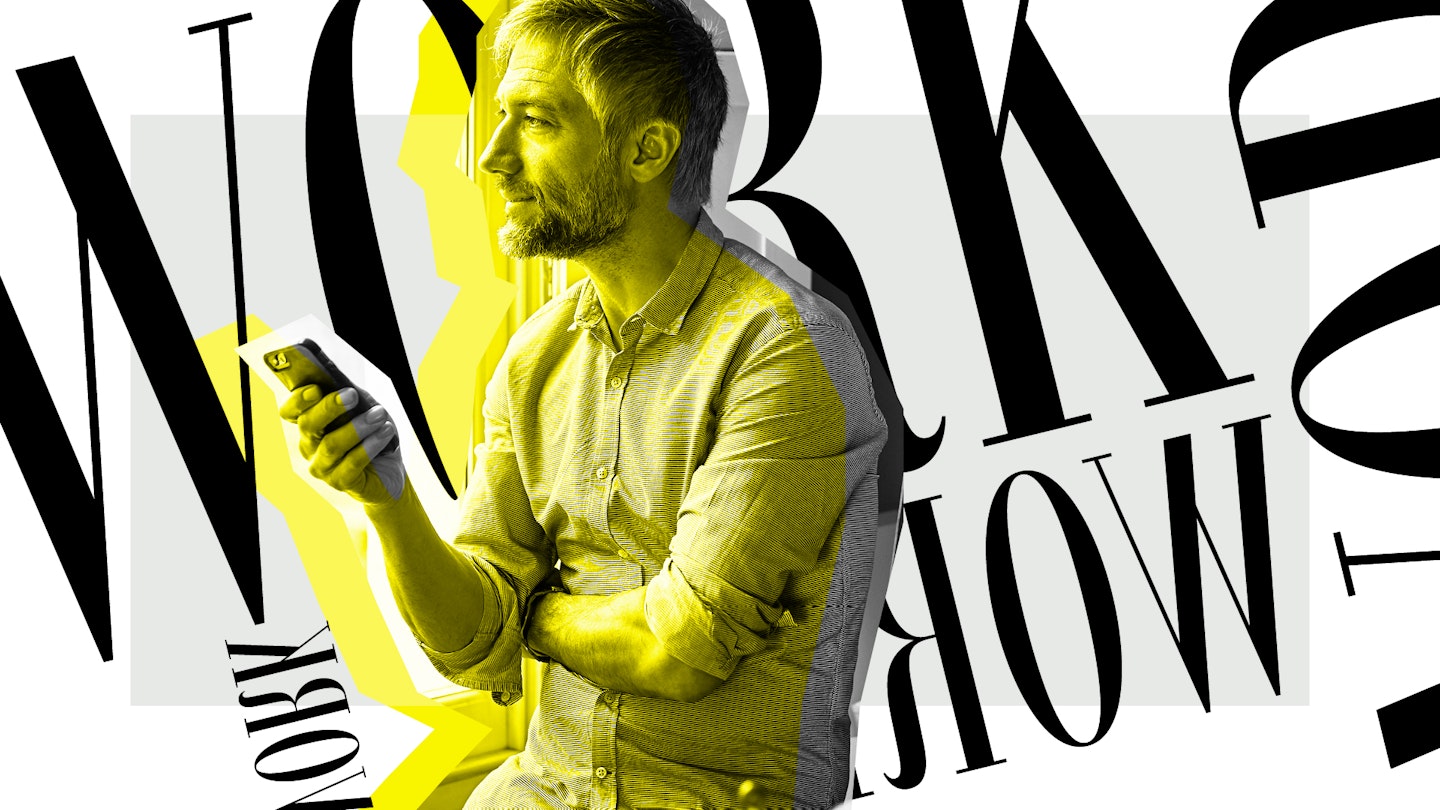In a world of inspirational memes and #girlboss Instagram posts, it’s easy to forget that we all get stuck at work, or feel like we can’t find a way forward at times. Sue Unerman is the Chief Transformation Officer at MediaCom and Kathryn Jacob OBE is the Chief Executive at Pearl and Dean. Together they wrote The Glass Wall: Success Strategies For Women At Work And Businesses That Mean Business. Their new book Belonging, The Key to Transforming and Maintaining Diversity, Inclusion and Equality At Work is out on 29th October and is available for pre-order now. Each week answer your work questions with pragmatic, honest advice that’s proven to work…
Q: I’m a 30 year old man, my colleague suggested I write because I don’t feel I am getting it right. I want to help and support women colleagues. I also need obviously to fit in and the prevailing culture at work is honestly quite blokey. There have been several occasions, for example at the pub, when the chat with the boys has taken a turn that makes me uncomfortable. What do you suggest I do?
SU: You are the very reason we have published our new book Belonging, the key to transforming and maintaining diversity, inclusion and equality at work. Our interviews for the book showed us that there are so many men in your position. You want to help with inclusion – the sense that everyone in the workplace belongs. Yet to have your own sense of belonging you have to try and fit in with what sound like traditional alpha masculine behaviour of your peers. It is a real dilemma. How can you be one of the guys, and also one of the good guys that champion Belonging for everyone in the workplace?
KJ: Interestingly, we came across a man who was in a similar position to you. He knew that he wanted to be an ally to his women colleagues and was astonished when some of them shared their experiences with him. As he said, he had never encountered the sexism and bias that he was being told about. He took the opportunity, when next in the pub, to take a deep breath and speak up when he heard his colleagues giving ratings for attractiveness to new women graduates who were applying to join the company. He said that he realised he had to speak out and was afraid of the response he would get. Would he be ignored? Would he be laughed at? Not be seen as part of the gang anymore? All of these thoughts went through his mind. However he just quietly pointed out that those young women could be the sisters, or friends of the men making comments, and how inappropriate that would be. The response? They all turned round and said: “ Good point, it is wrong…. Who is going to the football this weekend?”.
SU: So often our anticipation of consequences of speaking out is that it will be a disaster. We often over think and even catastrophise the response we will get. In our experience, so long as you are polite, so long as you are measured, then the very issue that you are raising will often nudge people to be better. All of us have a best self. That best self is not necessarily at the forefront day in and day out. Deep down however we know what is right, what is inclusive, what is kind. It can take bravery to be the one that speaks against the grain of the conversation. Mostly you will find yourself supported by others who are deep down thinking the same thing as you are.
KJ: You will probably find that colleagues will rally around you if you seek to create a better kinder workplace. Everyone is looking for that.
SU: We spoke to one person who had found herself in a similar situation where she had to speak up, in this case because of casual racism. She had overheard a very senior colleague use unacceptable language in public, with much more junior colleagues in the meeting. At the time, the moment passed, partly because everyone was so shocked at what was said. But this moment stayed on her mind, and she became determined to find a way to tackle the situation. The thing is, is that if someone is behaving like this, and our research for the new book indicates that nearly one in three people in the workforce have experienced bias, inappropriate behaviour or harassment, then they have to be told, or like any repeat offender, they will just carry on. In this particular case she faced having to speak to someone with the ultimate power to ruin her career, so she was very nervous. She thought long and hard about how to express her feelings, and during this time was given many more examples of the same kind of behaviour. Which of course made her more determined to speak up. Eventually she asked for a private one to one. She began with a positive about a recent achievement, but then went on to say that she had never experienced this kind of language in the office before. The person in question did a 180 degree turnaround. She apologised, she said that she was just not aware of how her language came across, and stopped doing it (at least in public).
KJ: In staging an intervention you confront a pattern of behaviour and you have the power to change it. Creating that change is a powerful buzz, and a wonderful achievement not only for you but also for your colleagues.
SU: You will become a champion of Belonging, and that will be good for you, your place of work and the world.
